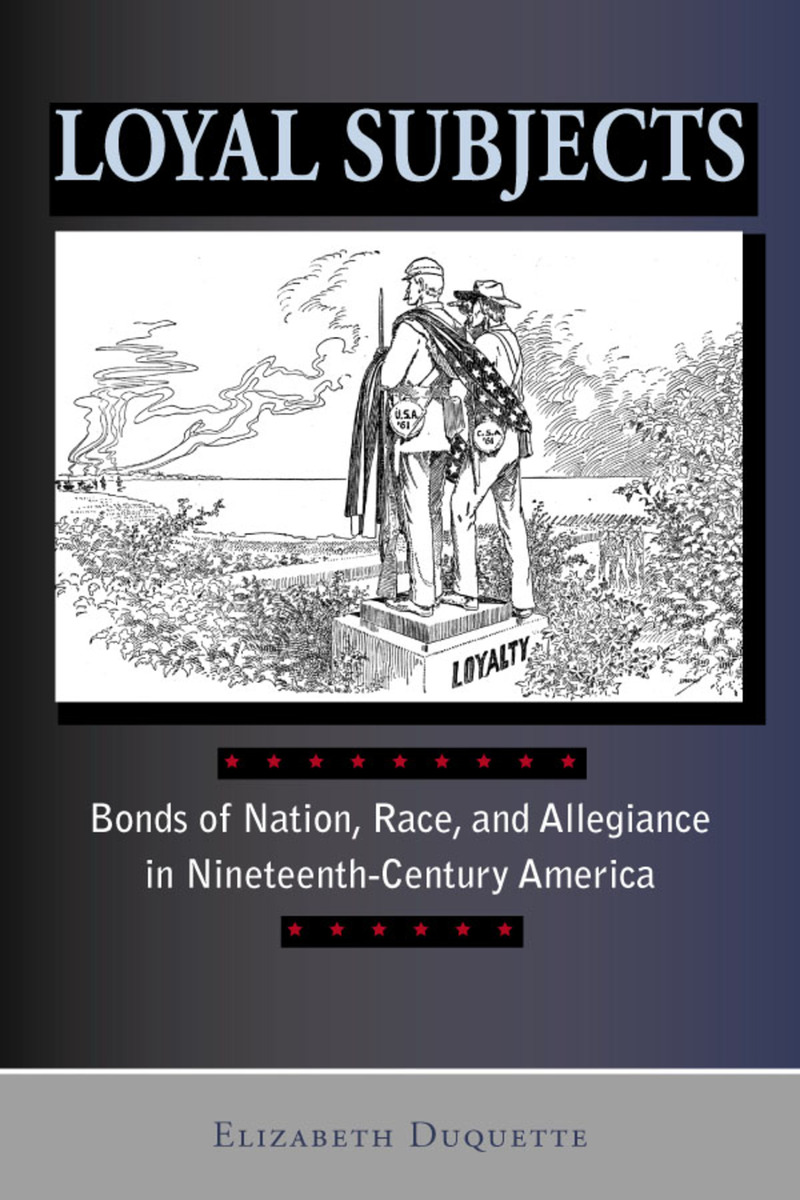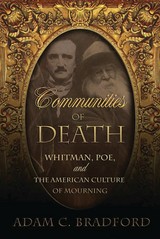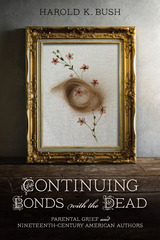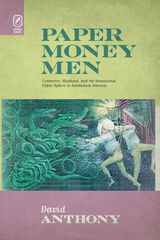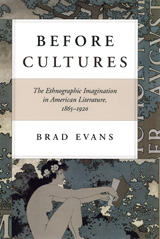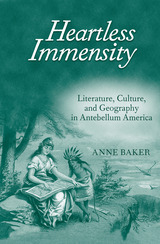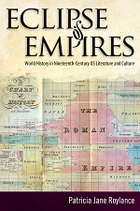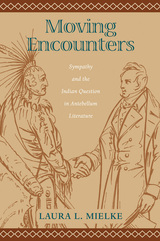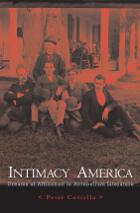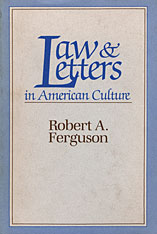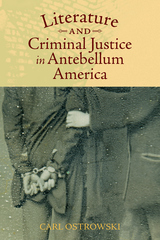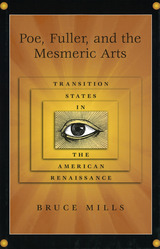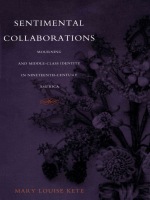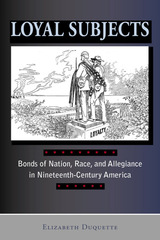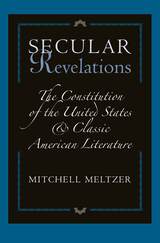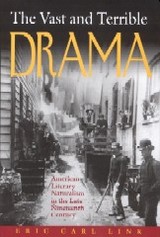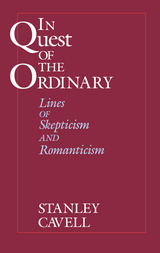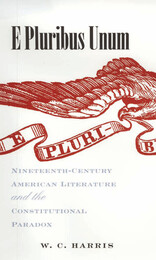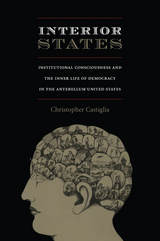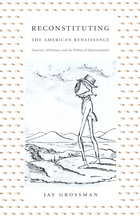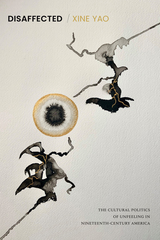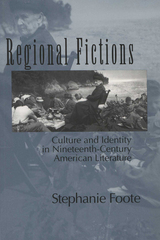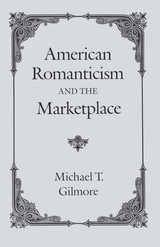Loyal Subjects: Bonds of Nation, Race, and Allegiance in Nineteenth-Century America
Rutgers University Press, 2010
Paper: 978-0-8135-4781-7 | eISBN: 978-0-8135-5112-8 | Cloth: 978-0-8135-4780-0
Library of Congress Classification PS217.N38D87 2010
Dewey Decimal Classification 810.9358735
Paper: 978-0-8135-4781-7 | eISBN: 978-0-8135-5112-8 | Cloth: 978-0-8135-4780-0
Library of Congress Classification PS217.N38D87 2010
Dewey Decimal Classification 810.9358735
ABOUT THIS BOOK | AUTHOR BIOGRAPHY | REVIEWS | TOC
ABOUT THIS BOOK
When one nation becomes two, or when two nations become one, what does national affiliation mean or require? Elizabeth Duquette answers this question by demonstrating how loyalty was used during the U.S. Civil War to define proper allegiance to the Union. For Northerners during the war, and individuals throughout the nation after Appomattox, loyalty affected the construction of national identity, moral authority, and racial characteristics.
Loyal Subjects considers how the Civil War complicated the cultural value of emotion, especially the ideal of sympathy. Through an analysis of literary works written during and after the conflict-from Nathaniel Hawthorne's "Chiefly About War Matters" through Henry James's The Bostonians and Charles Chestnutt's "The Wife of His Youth," to the Pledge of Allegiance and W.E.B. Du Bois's John Brown, among many others-Duquette reveals that although American literary criticism has tended to dismiss the Civil War's impact, postwar literature was profoundly shaped by loyalty.
Loyal Subjects considers how the Civil War complicated the cultural value of emotion, especially the ideal of sympathy. Through an analysis of literary works written during and after the conflict-from Nathaniel Hawthorne's "Chiefly About War Matters" through Henry James's The Bostonians and Charles Chestnutt's "The Wife of His Youth," to the Pledge of Allegiance and W.E.B. Du Bois's John Brown, among many others-Duquette reveals that although American literary criticism has tended to dismiss the Civil War's impact, postwar literature was profoundly shaped by loyalty.
See other books on: Comparative Literature | Literature and the war | Nation | National characteristics, American, in literature | Nationalism in literature
See other titles from Rutgers University Press
